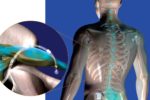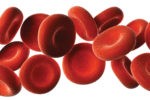Things to Know About the COVID-19 Vaccine
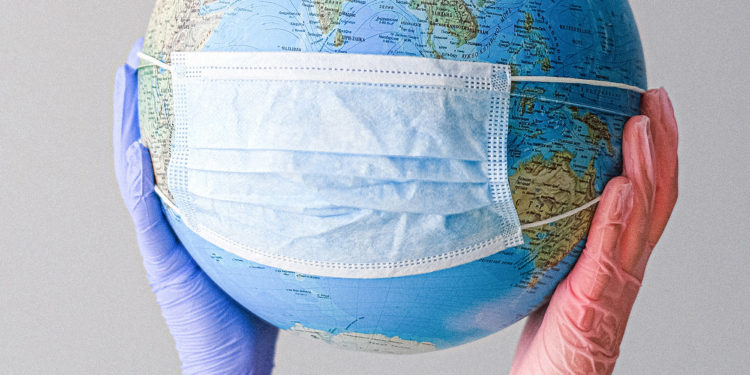
With the COVID-19 vaccine becoming available, it is important to understand the facts surrounding this authorized and recommended vaccine.
Story by Ann Butenas
Now that news about the COVID-19 vaccine has hit headlines, so many news stories are circulating about this authorized and recommended vaccine to prevent COVID-19 in the United States. Along with the plethora of information swirling throughout the media about this seemingly fast-tracked vaccine, there are undoubtedly many questions and theories to consider. While recommendations and information about this vaccine are updated daily, there are a few things to share about it that might help you further understand the science behind it. Could this be the beginning of the end of the pandemic? Only time will tell for sure, but the excitement of what the vaccine potentially has to offer is taking the stage in medical communities and beyond.
According to the Centers for Disease Control and Prevention (CDC), COVID-19 vaccines are one of the many important tools to help us stop this pandemic. The CDC indicated the COVID-19 vaccine will help keep you from getting COVID-19. Based on what scientists know about vaccines for other diseases, getting a COVID-19 vaccine may potentially help keep you from getting seriously ill even if you do contract the virus.
Further, if you get vaccinated, you are not only helping yourself but you are protecting others around you, most notably those who are at increased risk for severe illness from the virus. Experts continue to conduct more studies about the effects of the COVID-19 vaccine on the severity of the illness as well as its ability to keep people from spreading the virus.
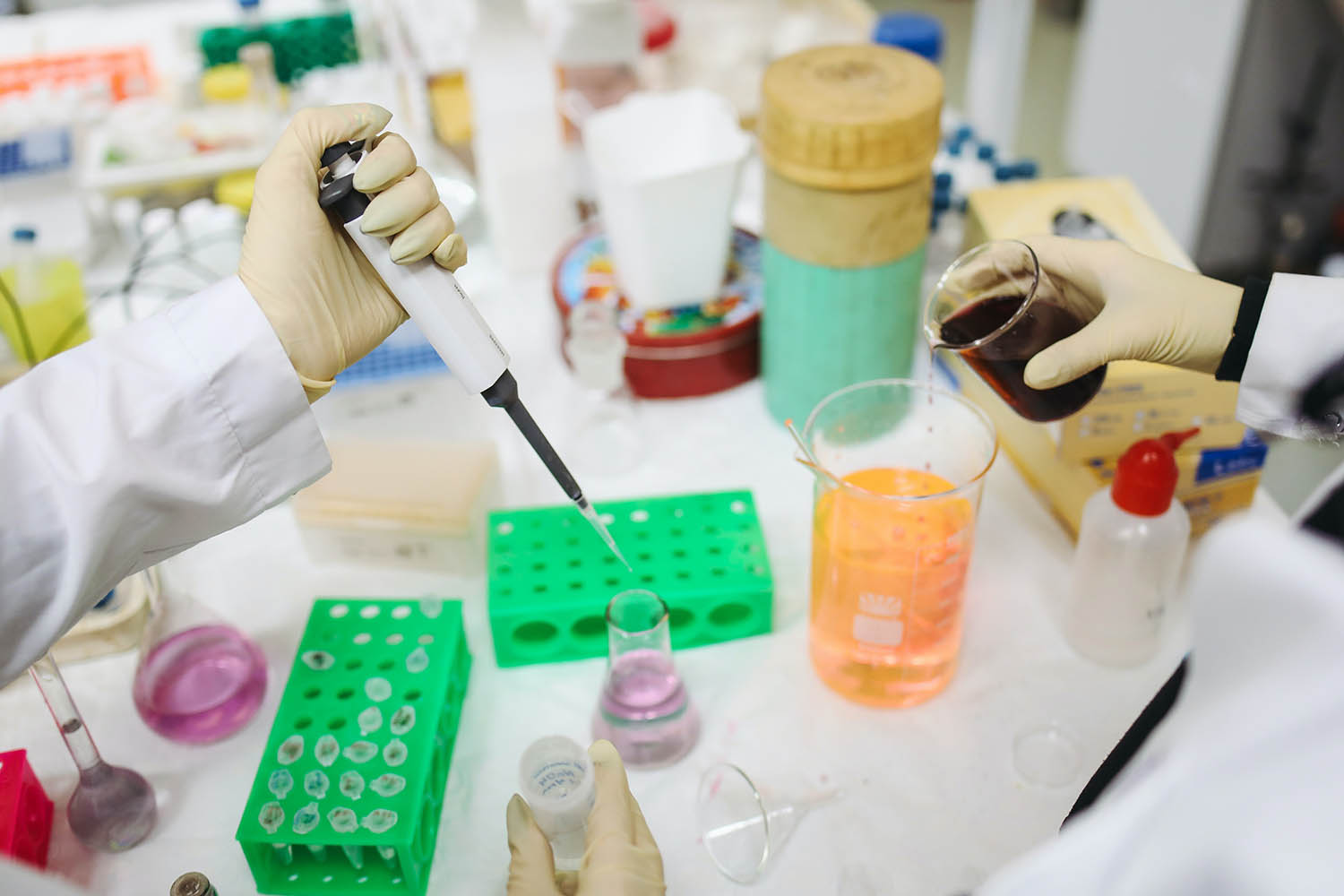
The question on nearly everyone’s mind: how did we get a vaccine so quickly?
Due to the complexity of vaccine development, under most normal circumstances, it can take up to 10-15 years to make a vaccine. However, amid such a deadly global pandemic, scientists did not have the luxury of time. As such, they resorted to worldwide collaboration, mobilizing quickly to share their data about the virus with each other. A team approach was strategically employed.
Thanks to advances in genomic sequencing, researchers were able to determine the viral sequences of SARS-CoV-2 in January 2020, just about 10 days after the first reported pneumonia cases in Wuhan, China. The ability to fast track research and proceed into clinical trials was a direct result of this determined collaboration.
While experts do not know exactly to what extent the COVID-19 vaccines will work, they do know the “authorized and approved vaccines will help reduce the risk” of this disease as they work in conjunction with the body’s natural defenses to safely develop immunity to disease.
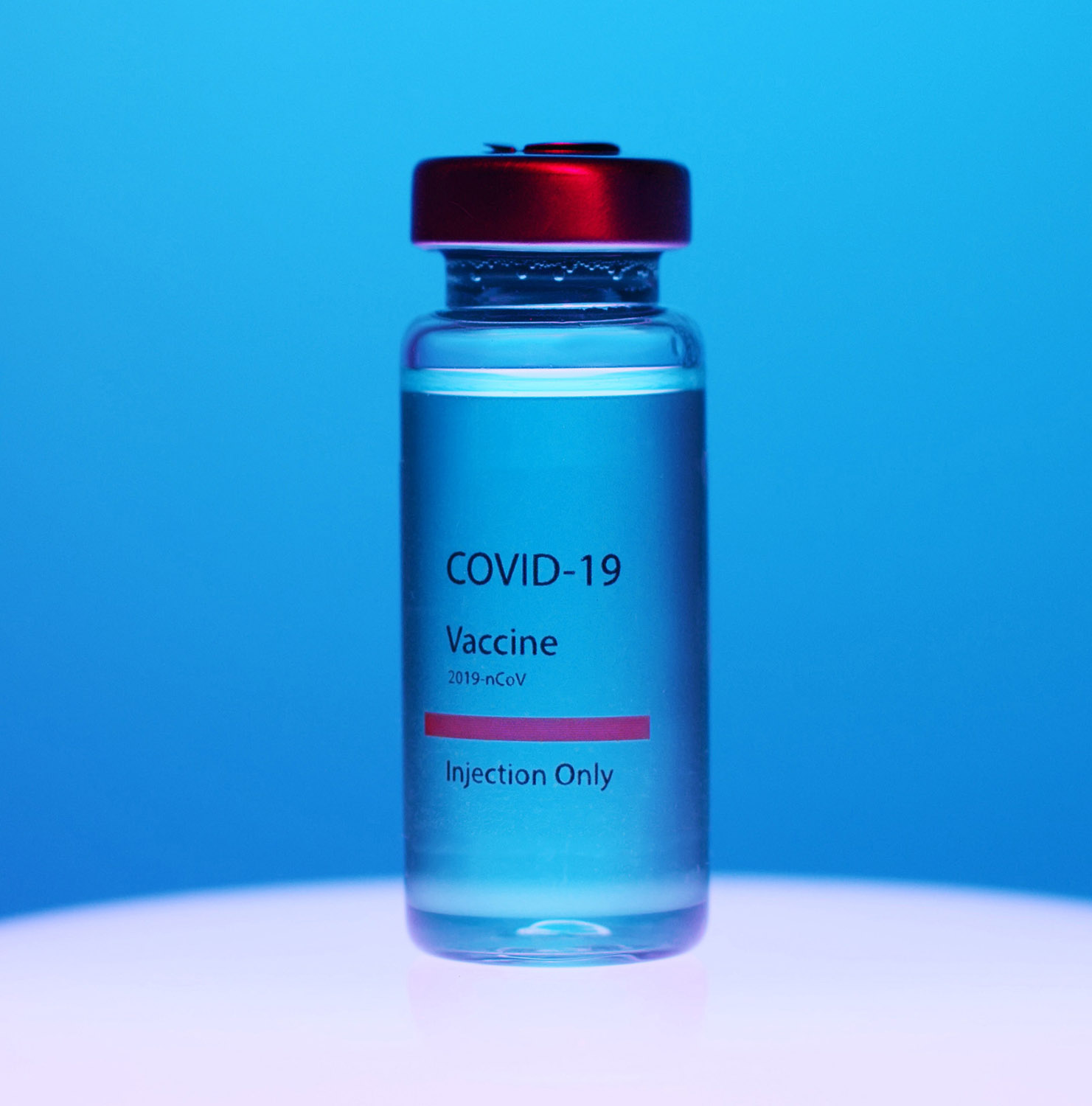
So, how do COVID-19 vaccines work?
Vaccines save millions of lives every year. These miracles of medical research train and prepare the body’s natural defenses (a/k/a your immune system) to recognize and fight off viruses and bacteria they are created to target. If you are exposed to those disease-causing germs at a later point in time, your body will be better prepared and more equipped to stand at the ready to destroy them, thereby preventing illness.
The beauty of the COVID-19 vaccines is that they help our bodies develop an immunity to the virus that causes COVID-19 without us having to get the illness. From a scientific perspective, different kinds of vaccines work in different ways in an effort to afford us this protection. With all vaccines, however, our bodies are left with a supply of “memory” T-lymphocytes as well as B-lymphocytes whose job it is to remember how to fight this virus should they encounter it in the future. Consider them warriors armed for battle! These vaccines will help prevent a disease that can not only be dangerous but also deadly.
Bear in mind it usually takes a few weeks for the body to produce those T and B lymphocytes after the vaccination, so don’t expect anything right away. In other words, it is possible to become infected with the virus that causes COVID-19 either just before or just after receiving the vaccination. As a result, you could become ill because the vaccine did not have the requisite amount of time to provide the protection. It is not uncommon, either for one to experience symptoms, such as a fever, after receiving a vaccination, as the process of building immunity can cause these symptoms. Symptoms are normal and are indicative of the body building the immunity.
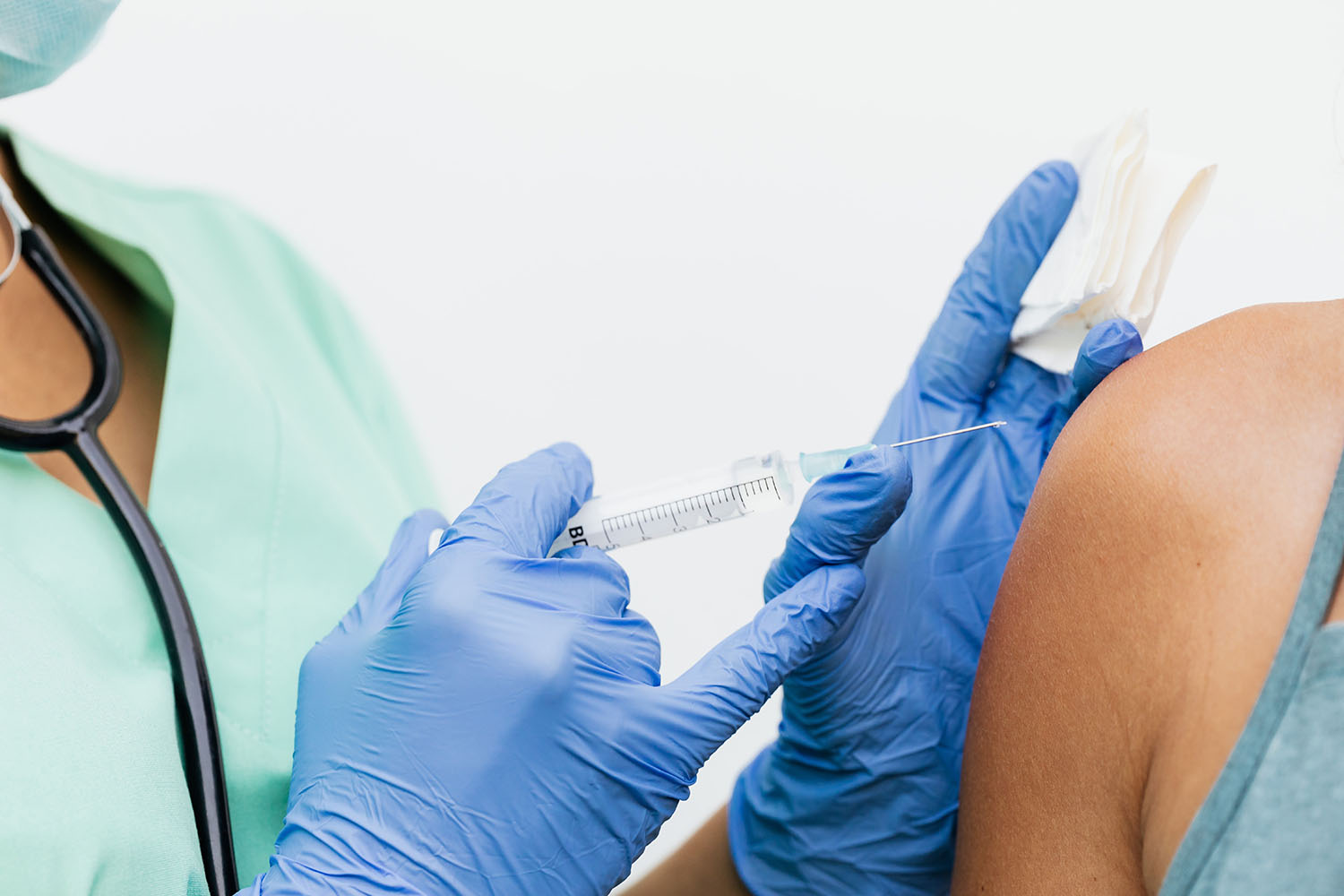
The Big Picture
Stopping a pandemic requires many tools. As one of those tools, vaccines work with the immune system so the body will be ready to fight the virus if it is exposed to it. This approach, coupled with masks and physical distancing, help reduce your chance of exposure to the virus and/or spreading it to others. Working in conjunction together, these are ways the CDC recommends to protect yourself and others from COVID-19.
